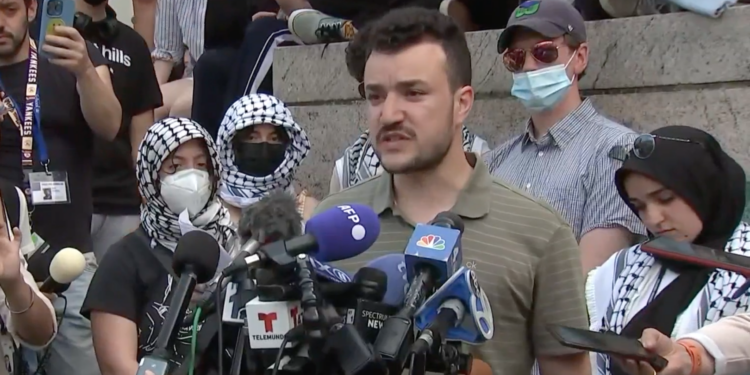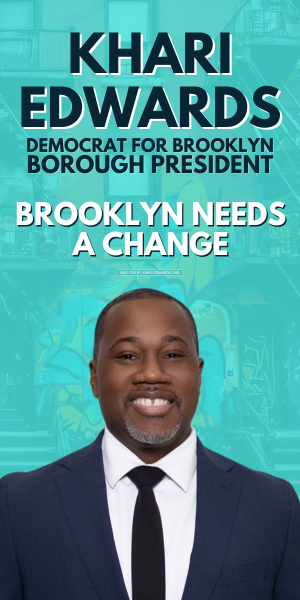The U.S. government is taking steps to deport Mahmoud Khalil, a graduate student from Columbia University, saying that his political beliefs and activism on campus justify his removal. In a memo by Secretary of State Marco Rubio, it is claimed that Khalil’s presence is harmful to U. S. foreign policy, especially in the fight against antisemitism, although he has acted lawfully otherwise.
The memo, filed with an immigration court on Wednesday, April 9th, is in response to a judge’s request for proof that supports Khalil’s detention. Khalil, who is 30 years old and a permanent resident originally from Syria, was detained in New York on March 8th and moved to a detention facility in Louisiana. He has just finished his graduate degree at Columbia’s School of International and Public Affairs and is looking forward to the birth of his first child with his wife, who is a U. S. citizen.
Rubio’s memo does not charge Khalil with any crimes. Instead, it argues that his advocacy for Palestinian rights and his involvement in protests against Israel’s actions in Gaza go against U.S. foreign policy. Rubio stated, “Condoning anti-Semitic conduct and disruptive protests in the United States would severely undermine that significant foreign policy objective.”
Khalil’s lawyers, Marc Van Der Hout and Johnny Sinodis, pointed out that the memo indicates the government’s case relies solely on Khalil’s political expression. They mentioned that after a month of wrongful detention, immigration officials conceded that they lack a case against him.
The memo refers to other documents, including a profile from the Department of Homeland Security (DHS), but these papers were not presented to the court. A spokesperson for DHS, Tricia McLaughlin, did not specify if further evidence is available, simply commenting, “DHS did file evidence, but immigration court dockets are not available to the public.”
In a letter from his detention facility, Khalil stated that he believes he is being targeted as part of “a broader strategy to suppress dissent.” His situation arises amid increasing worries that immigration officials are examining social media for perspectives critical of Israel, which may impact visa and residency requests.










